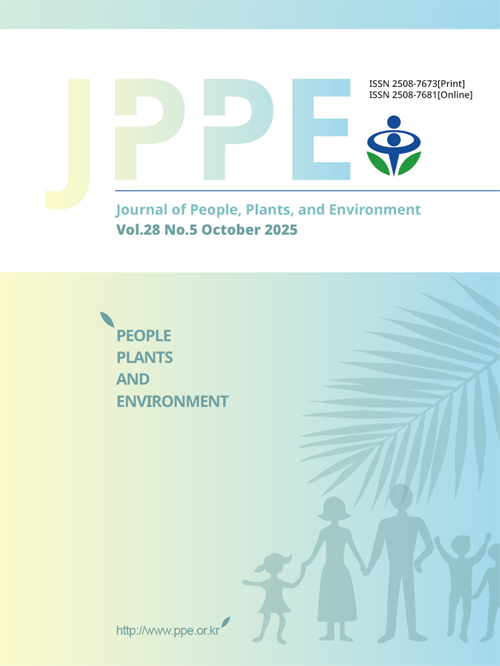학술논문
Enhancing Rural Water Utility Sustainability Through Creative Financing Mechanisms
이용수 0
- 영문명
- 발행기관
- 인간식물환경학회
- 저자명
- Elvira Yoanita Yuki Mahardhito Adhitya Wardhana Dwita Sutjiningsih
- 간행물 정보
- 『인간식물환경학회지(JPPE)』제28권 제5호, 581~600쪽, 전체 20쪽
- 주제분류
- 자연과학 > 자연과학일반
- 파일형태
- 발행일자
- 2025.10.30

국문 초록
Background and objective: Rural water utilities face ongoing financial and operational challenges that threaten their longtermsustainability. Traditionally, their financing has depended heavily on subsidies and donor funding. However, emergingcreative financing mechanisms offer more resilient and diversified approaches. This study aimed to systematically reviewhow these creative financing mechanisms are applied within community-based rural water utilities and to compare themwith conventional financing models.
Methods: A targeted systematic review following PRISMA 2020 guidelines was conducted. A systematic search wasperformed in the Scopus database in May 2024, limited to peer-reviewed articles published in English from 2009 to 2024. Eligibility criteria were established using the PICO framework: Population (rural water utilities), Intervention (creativefinancing mechanisms), Comparison (conventional financing models), and Outcome (sustainability measures). Out of 49records identified, 8 studies met the inclusion criteria. Risk of bias was assessed using adapted CASP criteria. Data wereextracted and narratively synthesized by mapping findings to the PICO components.
Results: The identified creative financing mechanisms included prepaid tariff schemes, community financing, repayableloans, blended finance, and cross-subsidization. Compared to traditional donor- or subsidy-driven models, theseapproaches demonstrated improvements in financial viability, service reliability, and institutional resilience. Nonetheless,their effectiveness was found to be context-dependent. Of the selected studies, five were judged to have a moderate riskof bias due to descriptive reporting, while three studies had a low risk of bias.
Conclusion: Despite a limited sample size, this review indicates that creative financing mechanisms are genuineinnovations that extend beyond merely traditional models by diversifying revenue sources and reducing dependency onunsustainable subsidies. However, the current evidence base remains narrow, and the findings are more indicative thancomprehensive. Future research should utilize a broader range of databases and evidence sources to develop a morecomplete and widely applicable understanding of financing models for rural water utilities.
영문 초록
목차
Introduction
Research Methods
Results
Discussion
Conclusion
References
해당간행물 수록 논문
참고문헌
최근 이용한 논문
교보eBook 첫 방문을 환영 합니다!

신규가입 혜택 지급이 완료 되었습니다.
바로 사용 가능한 교보e캐시 1,000원 (유효기간 7일)
지금 바로 교보eBook의 다양한 콘텐츠를 이용해 보세요!


